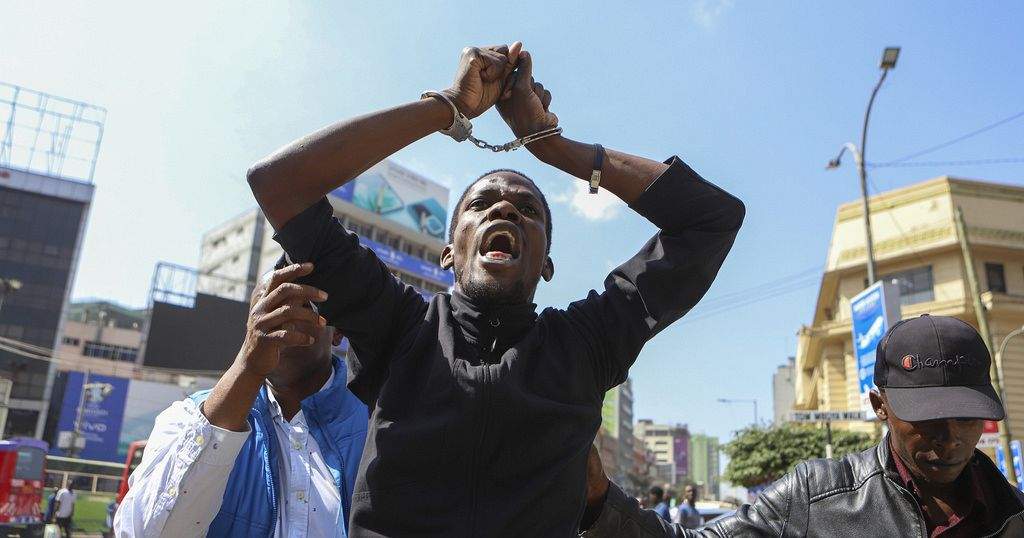Kenya Adjusts Budget in Response to Protests and Fiscal Concerns
In the face of growing public discontent and financial pressure, the government of Kenya has announced a revised budget plan for the 2024-25 fiscal year. The changes come after a series of protests, led by citizens demanding reform and accountability from President William Ruto and his administration.
The newly proposed budget seeks to reduce overall spending by 1.9%, amounting to approximately $56.9 million, and increase the fiscal deficit to 3.6% of GDP. This shift is primarily attributed to the withdrawal of previously proposed tax hikes, which sparked widespread demonstrations and demands for change.
In response to the public outcry, President Ruto dissolved nearly his entire cabinet, replacing it with a more inclusive government. This move aimed to appease the protesters and address concerns over the country’s financial and governance systems.
To bridge the projected $2.7 billion budget gap created by the rolled-back tax hikes, the government will rely on a combination of spending cuts and increased borrowing. Lawmakers will convene next week to debate the supplementary budget, which outlines a total expenditure of 3.87 trillion Kenyan shillings (approximately $30 billion).
Key details of the revised budget plan include:
- A 2.1% reduction in recurrent expenditure
- A 16.4% cut in development expenditure
- The introduction of a 25 shillings-per-litre road maintenance levy, up from the previous 18 shillings
Despite the revisions, President Ruto remains under pressure from international lenders like the International Monetary Fund (IMF) to rein in the country’s deficits while managing a population grappling with high living costs. The IMF is currently assessing Kenya’s developments and will adjust its approach accordingly.
The updated budget plan aims to address the pressing needs of Kenyans, who face daily challenges due to high costs of living and a strained economy. The outcome of the revised budget and its implications for the country’s economic trajectory remain to be seen, but it is clear that the government has acknowledged the urgency of reform and adaptation.
